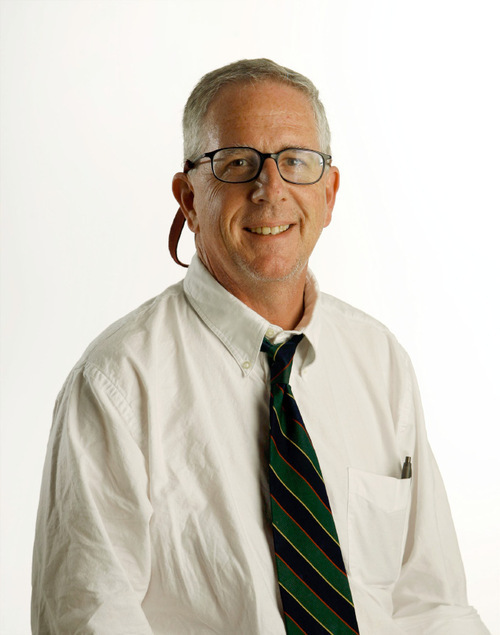This is an archived article that was published on sltrib.com in 2012, and information in the article may be outdated. It is provided only for personal research purposes and may not be reprinted.
After two weeks of political oratory, is it any wonder that fact checking is in the spotlight?
Speeches at both national conventions brought the usual wave of spin and posturing, but there was something of a high-water mark reached with Republican vice presidential candidate Paul Ryan's speech Aug. 28. Journalists and their associated fact checkers picked it apart, and that brought dismissals from GOP loyalists who said the fact checkers are biased.
For Tribune political journalists, it's a reminder of the challenges they face every day.
"A synonym for fact checking is reporting," says Tribune Washington correspondent Tommy Burr, who was in Tampa for the GOP convention. "Everyone in this presidential campaign seems to have their own shade of truth telling, and our readers deserve to know how it matches with reality."
Burr's editor, Dan Harrie, finds the backlash against fact checkers disturbing. "Of course news organizations should fact-check politicians' statements. It's an important part of the job. Generally speaking, it should be done as part of the regular reporting process. By this, I don't mean the reporter should declare a verdict on what is truth or not. Rather, the reporter should cite relevant facts that the reader then can use to determine the veracity — or lack thereof — of the claims."
Truth is complicated. When congressional candidate Mia Love put out her austere budget recommendations, she naturally emphasized their reduction of the federal deficit. True as far as it goes, but Tribune reporter Robert Gehrke took the next step of seeing how Love's plan would play out in Utah, which would lose $2 billion in federal money, including school lunch and special education funding.
With two months left, look for The Tribune to offer fact-check reports on political TV ads, in addition to the usual pre-election coverage. But we won't let fact checking keep us from "act checking." In other words, what people in government say usually means less than what they do (or don't do). Utah Transit Authority officials can claim to run a tight ship, for instance, but Tribune reporter Lee Davidson's investigation still shows their top brass have a penchant for jet setting.
Let's face it. Politicians can spew faster than we can screen. "Honestly, we could spend our entire day, seven days a week, checking and writing about claims by politicians. At some point it loses its value," says Gehrke, who was also in Tampa for the convention.
Consider a case from this week: Former Utah congressional candidate Lily Eskelsen, who now works for the National Education Association, told Utah Democrats in Charlotte that Rep. Jim Matheson is running against a "crazy person." Tribune reporter Matt Canham was in Charlotte to hear it, and he wrote a short item about it. It was a bit of name calling that says more about the caller than the candidate, and it certainly was not worth any further assessment of anyone's sanity.
Politicians perform an important role, and journalists have a responsibility to listen to them, but not only them.
"The press is not limited to an agenda set by a politician, but we look around the world ourselves to shine a light on problems and opportunities," says Davidson. "Public pressure tends to set agendas more than political statements, and pressure from the public often comes when the public is moved to address an issue or problem."
That means politicians and journalists can fight all day about relative truths, but voters and readers get to decide. We both do well to listen to them.
It comes back to the old "fair and balanced" conundrum. Journalists try hard to provide a balanced view, but the truth is not always at the midpoint between two sides.
Ezra Klein, a columnist for the Washington Post and Bloomberg News, says he found accurate statements in Ryan's speech, but he found more major points that simply were not accurate. He says he wanted to provide balance, but he didn't want the appearance of fairness to come at the expense of real fairness. "You can look fair, or you can be fair, but you can't be both."
It's a point well taken, but Klein underestimates his readers. If given the facts and the context, they will separate the truth from appearances. We should expect nothing less of them.
Tim Fitzpatrick is deputy editor of The Tribune. He can be reached at fitz@sltrib.com.



